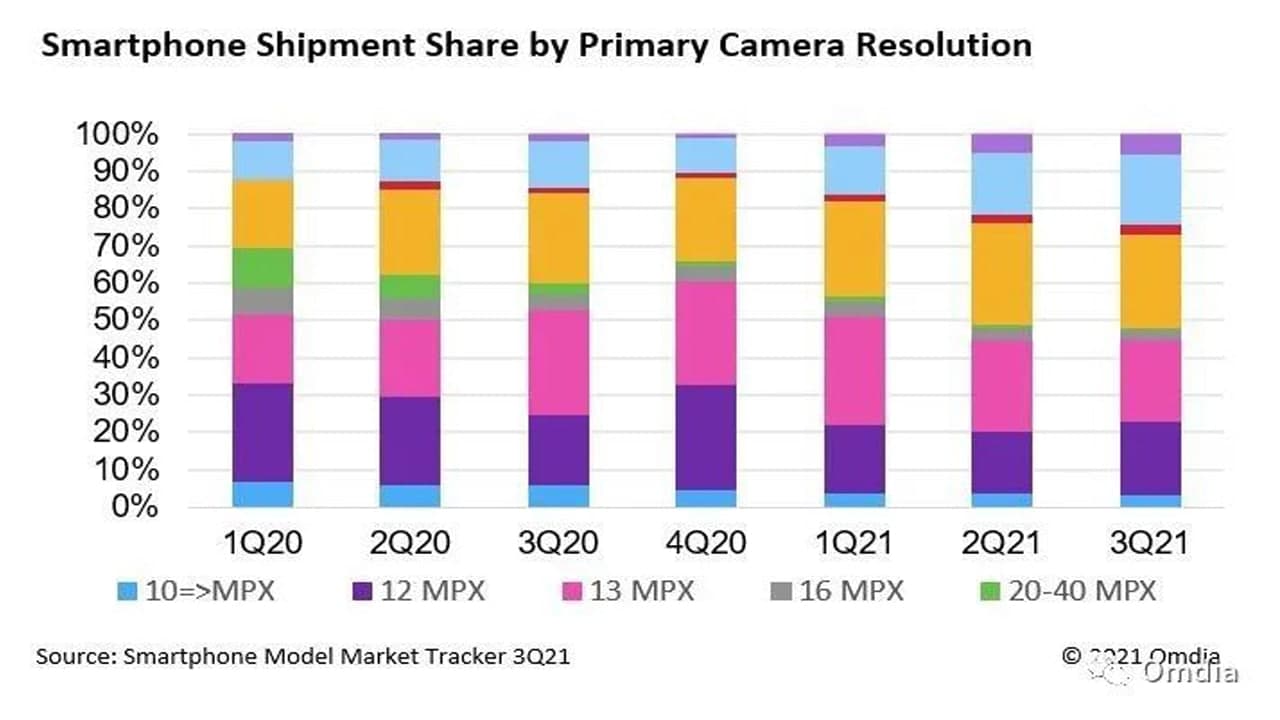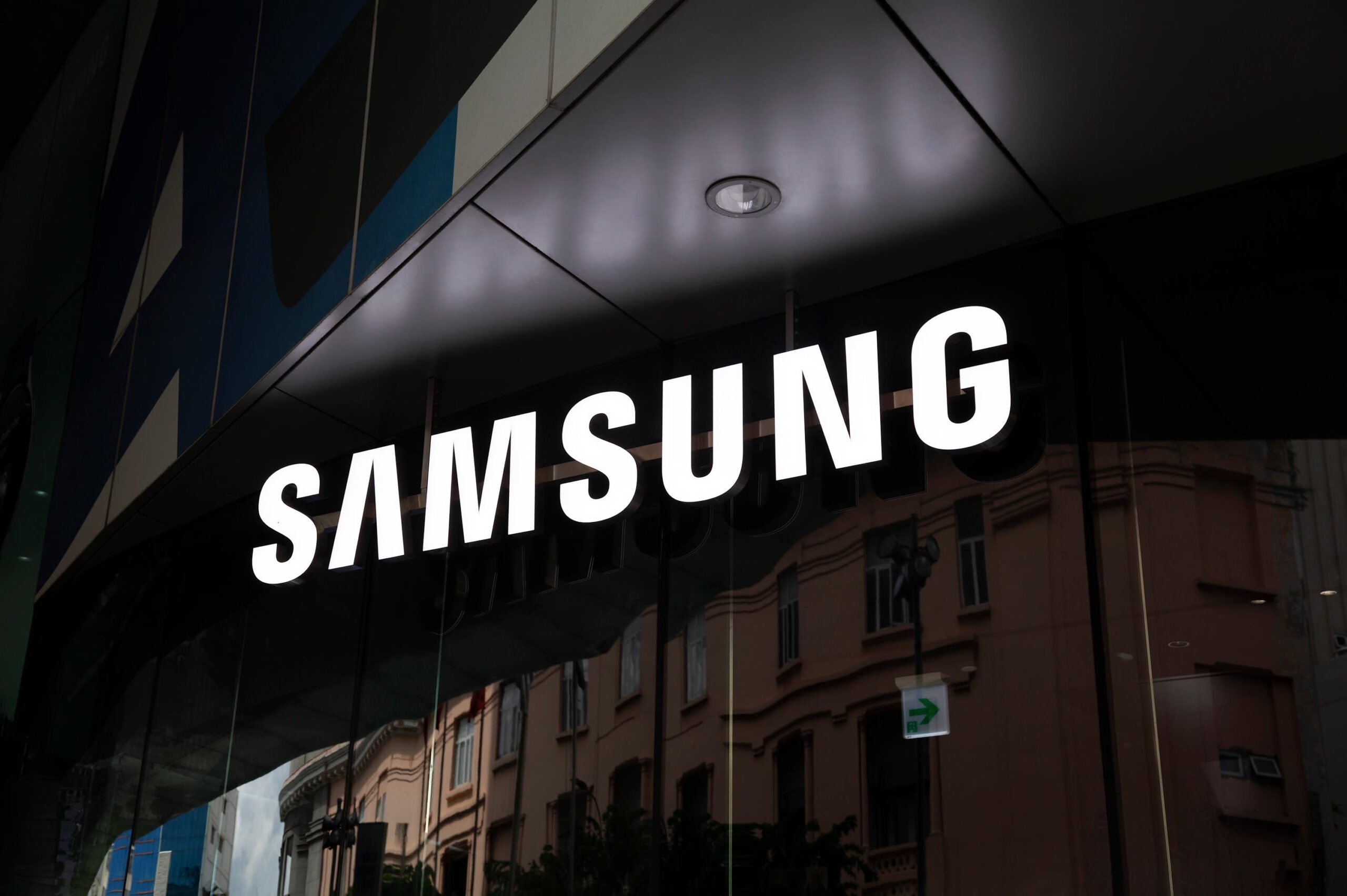Research institute Omdia’s new research found that smartphone OEM manufacturers are turning to higher camera resolutions and fewer camera configurations to cope with the continuing semiconductor shortage.
In the third quarter of 2021, shipments of three-camera phones increased to the same level as four-camera phones. Omdia analysts pointed out that in the third quarter of this year, the share of single-camera smartphones in global smartphone shipments fell to 8%; compared with 14% in the third quarter of 2020 a year ago, a decrease of 6 percentage point.
Jusy Hong, senior research manager of Omdia mobile devices, said: “Even in low-priced smartphones under $150, the adoption rate of multiple cameras continues to expand.”
Join Tip3X on Telegram
According to Omdia’s “Smartphone Model Market Tracking” report data, due to some external factors, in the second quarter of 2021, the share of four-camera phones has declined, with three-camera models taking the largest share. At the same time, the share of dual cameras, which has been declining in 2021, is also picking up.
Jusy said: “The reversal of this trend is due to the fact that OEMs have reduced the number of lenses to reduce camera-related costs caused by the continued shortage of major semiconductor components. Low-end smartphones use low-resolution lens combinations because of the marketing of multiple cameras.
 It is more important than the improvement of camera functions and image quality. At this point, OEM manufacturers are bucking the trend and reducing the number of cameras in mid-range models from four to three”.
It is more important than the improvement of camera functions and image quality. At this point, OEM manufacturers are bucking the trend and reducing the number of cameras in mid-range models from four to three”.
Moreover, the usage rate of high-resolution camera lenses is steadily increasing. The most adopted resolution in the third quarter was 48MP lenses, which accounted for 25% of total shipments. This is an increase of one percentage point over the same period last year, and the share of 13MP lenses has dropped from 28% in Q3 2020 to 22%.
At the same time, the share of 64MP and 108MP lenses was 19% and 5%, respectively, an increase of 7% and 3% compared with the same period last year.

















